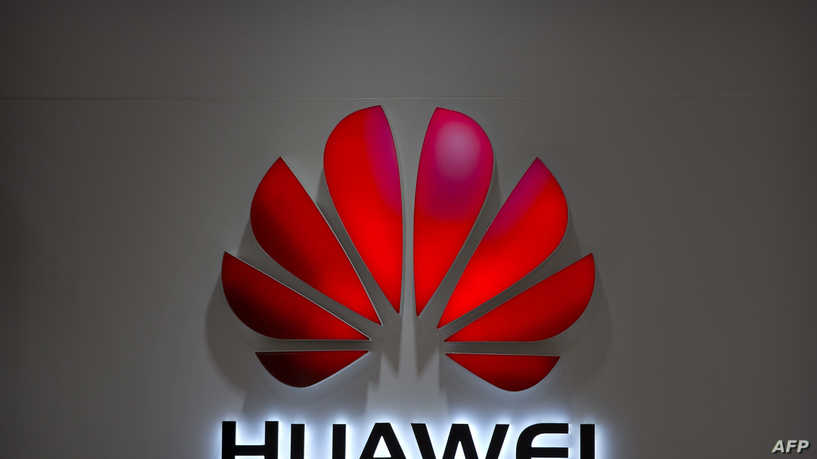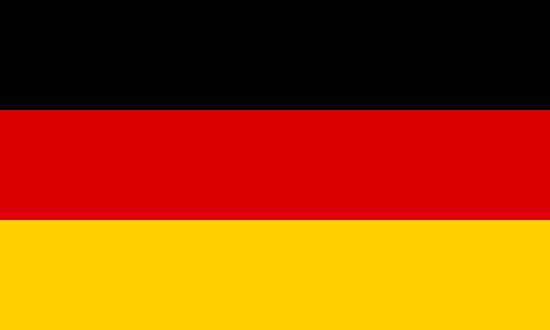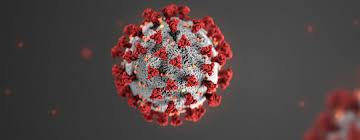Hello Guys, Welcome to Legends hub Blog. Top technology news for the week are as follows.
1.) COVID-19 – Malaysians get Tech support from Huawei
4 tech solutions have already been donated to the Ministry of Health to support the fight for Coronavirus which are as follows: –
- Huawei Telemedicine Video Conference (HTVC)
- Hospital Wireless Network Communication Solution (HWNCS)
- AI Cloud Auto Detection Solution
- Nova 7i smartphones (200 units)

These would enable healthcare experts to work with frontline medical professionals to conduct remote online consultations with patients and enhance the effectiveness of diagnosis and treatment and it would also ensure there is continuous communication in real-time between the government and public hospitals, via video conferencing and wireless connectivity capabilities.
Health Minister Datuk Seri Dr Adham Baba said, the ministry was grateful for Huawei Malaysia’s help, especially to the front-liners of healthcare professionals during the trying hour. “Through their donation, we continue to press forward in curbing this pandemic as fast as possible,” he said in the statement.
HTVC- has the ability to video conference solution that would provide secure, professional and reliable audio for all the quarantine hospitals to have a real-time video conference and collaboration with the Ministry of Health.
HWNCS- can provide wireless network coverage for hospitals, wards and emergency medical tents. That means, no waiting time and no packet loss during roaming.
Al Cloud Auto Detection Solution- could do things like loud-network synergy, Big Data and artificial intelligence of Huawei Cloud and its partners. It will enable early detection and diagnosis so that hospitals can swiftly identify the infected patients for early quarantine and receive early treatment.
2.) 14% people Immune to COVID according to Blood Test in Germany
The municipality of Gangelt, near the border with the Netherlands, was hit hard by covid-19 after a carnival celebration drew thousands to the town, turning it into an accidental petri dish.
After searching blood from 500 residents for antibodies to the virus, scientists of a nearby university say that they have determined that one in seven have been infected and are therefore “immune” which means some of those people would have had no symptoms at all.

The true infection rate in a region matters: the bigger it is, the less pain lies ahead. Eventually, when enough people are immune—maybe half to three-quarters of us—the virus won’t be able to spread further, a concept called herd immunity. But the German town isn’t close to that threshold yet which means the virus still has more damage to do.
According to the German report, it is among the first to survey a population for evidence of prior infection, data that scientists need to determine how far the pandemic has spread, what the real death rate is, and how many people show no symptoms at all. “It’s very preliminary, but it’s the kind of study we desperately need,” says Christakis, who believes the US should test as many as 200,000 people, from big cities like New York to small towns in the Midwest. “This is crucial to quantify a host of basic parameters.”
Nevertheless, Stanford Medicine has now announced it has launched its own serology test and has begun screening doctors, nurses, and others for antibodies. “The test will enable us to determine which health-care workers might be at low risk for working with covid-19 patients, as well as understanding disease prevalence in our communities,” said spokesperson Lisa Kim.
Whereas, the survey in Germany was carried out by virologist Hendrik Streeck and several others at the University Hospital in Bonn, who say they approached about 1,000 residents of Gangelt to give blood, had their throats swabbed and filled out a survey and they found out that, 2% of residents were actively infected by the coronavirus and a total of 14% had antibodies, indicating a prior infection. This group of people, they say, “can no longer be infected with SARS-CoV-2,” as the virus is known to scientists.
Secondly, from the result of their blood survey, the German team estimated the death rate in the municipality at 0.37% overall, a figure significantly lower than what’s shown on a dashboard maintained by Johns Hopkins, where the death rate in Germany among reported cases is 2%.
As explained the difference in the calculations boils down to how many people are actually infected but haven’t been counted because they have mild or no symptoms. The presence of previously infected people in the community, will reduce the speed at which the virus can move in the area. They also outline a process by which social distancing can be slowly unwound, especially given hygienic measures, like handwashing, and isolating and tracking the sick.
They think if people avoid getting big doses of the virus—which can happen in hospitals or via close contact with someone infected—fewer people will become severely ill, “while at the same time developing immunity” that can help finally end the outbreak.
3.) Indian Technology Helps in Hacking Corona
Technology will undoubtedly be crucial in the fight against Covid-19. India, thus needs to quickly identify workable solutions from among those proposed by tech companies, and aspiring technologists.

- Big Bang Boom has designed a remotely operable ventilator system built from consumer durable components. The team aims to create an inexpensive DIY kit that could be set up in primary healthcare centers (PHCs) across the country.
- Team 132, had developed a UV disinfectant robot that can autonomously disinfect surfaces using UV light.
- Vincence, a hardware company showcased a Rs 27,000 device to monitor oxygen levels and pulse rate.
- 118, had developed a device that could be linked to a computer to analyze shortness of breath, a symptom of Covid-19 disease.
- App developers also had some interesting solutions. R-TNT’s test management center handles supply-chain functions for testing facilities, from consumer requests to placing orders for testing kits.
- Researchers from Microsoft, Brown, and Stanford developed a labelling app, wherein the unemployed can earn money assigning labels for products to be categorized online.
- Another team developed an AI platform that assess patients’ medical needs, and connects them to doctors and radiologists.
States must also engage with such solution-providers—Tamil Nadu has hired Garuda, a Chennai-based start-up, for sanitation of hospitals etc. through drones. While Odisha and Uttar Pradesh have evinced interest in its services, states need to keep their ear to the ground on tech-based solutions to fight Covid-19.
